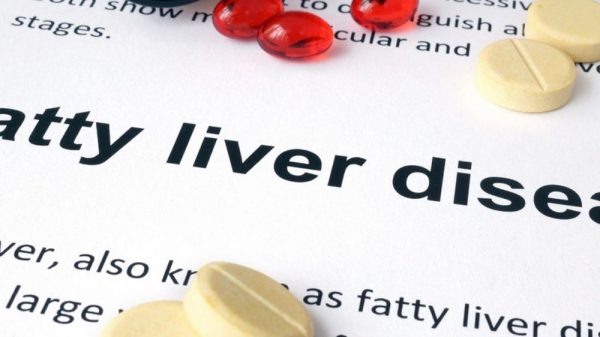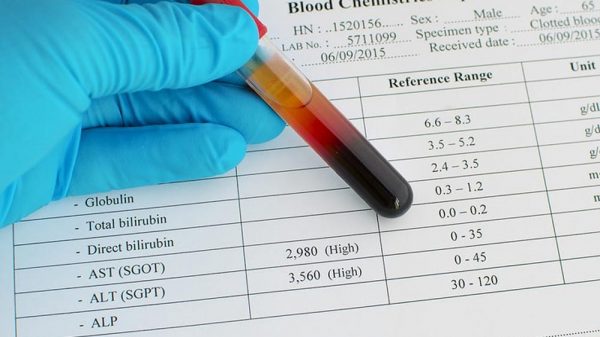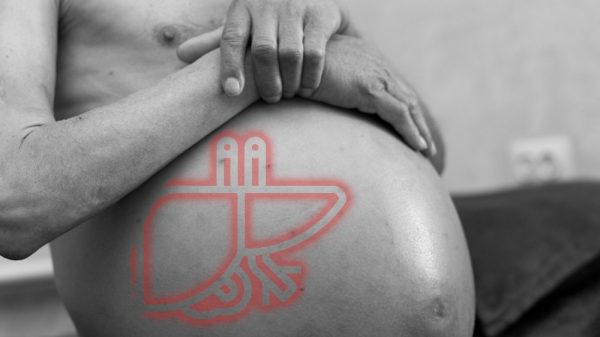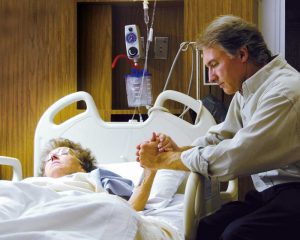People die every day from different conditions. Some die from liver conditions like cirrhosis. Do you know that cirrhosis kills about 35,000 people in America every year? It is even the 9th top-most reason why people die in the U.S. 1.2 percent of all deaths in the U.S occurs as a result of liver cirrhosis. How do you die of cirrhosis of the liver? Cirrhosis kills gradually. In itself, it is an advanced-stage liver disease. It takes time for the liver to suffer enough damage for cirrhosis to develop. But once it develops, it dramatically shortens life expectancy. That’s why most people who die from cirrhosis are in their 40s or 50s.
When liver disease is in its early stages, it causes liver inflammation. And if you don’t treat this inflammation, it progresses to cause fibrosis (scarring). Fibrosis can still be treated and reversed to an extent. But over time, if you do nothing about fibrosis or if you don’t treat it appropriately, it will lead to cirrhosis. At the stage of cirrhosis, you can no longer heal the scar tissues or reverse the damage. The best you can do is to stop the damage from progressing. At some point, however, you may no longer be able to halt the disease progression. You would only be able to slow it down. When cirrhosis reaches its end-stage, the only way out is liver transplantation.
How Do You Die From Cirrhosis of the Liver?
You cannot take liver disease with a light hand. It is indeed a very serious problem. About one out of every 3 adults in America has “fatty liver” (one of the causes of cirrhosis). Yet, there are many other causes of cirrhosis aside from fatty liver. They include hepatitis, other viruses, and so on.
Poor diet, alcohol abuse, obesity, and metabolic syndrome are some common causes of fatty liver. Add those to all the other diverse causes of cirrhosis. And it won’t come as a surprise that cirrhosis is among the top ten reasons for death in America.
Liver cirrhosis means a major reduction in your life expectancy. It is sad to note that once you have advanced cirrhosis, you are not likely to live beyond 1 to 2 years. That is the average survival rate of those who have advanced-stage cirrhosis is one to two years.
Initially, you may not have any symptoms when you have early-stage cirrhosis. You will feel nothing at all. And what you don’t know, you cannot treat. If you don’t know that something is wrong you’re your liver, you will not address the underlying cause and the condition will get worse by the day.
Sadly, most people don’t know that they have cirrhosis until it reaches its advanced stage and death is inevitable. But some early symptoms that people often overlook include low energy, edema, nutrient deficiencies, and skin changes.
As time progresses, the liver damages very badly and may cause liver failure. This is very fatal and often causes death. Sometimes, death occurs within 1 or 2 days. Experts call this acute liver failure. Chronic liver failure, on the other hand, may build up over the cause of time before it eventually causes death.
However, liver failure is not the only complication that can kill you if you have cirrhosis. Many other cirrhosis complications can cause death. We will look at them briefly.
Cirrhosis Complications That Can Cause Death
The following complications can occur when cirrhosis becomes worse. Many of them are lethal:
1. Portal hypertension
This happens when scar tissues and nodules compress the veins within your liver. This increases the pressure of blood within your liver. Doctors call this portal hypertension. This is a very common complication in people suffering from cirrhosis.
Cirrhosis tops the list of reasons why Americans develop portal hypertension. It can cause blood to pool in your intestines, as well as other vital organs in your abdomen. This, in turn, causes internal bleeding and accumulation of fluid throughout your body and can cause death.
2. Ascites and Edema
These two refer to fluid retention in different areas of your body. The buildup of fluid in your arms and legs is called edema. Ascites, on the other hand, is the buildup of fluid in your belly.
Portal hypertension often forces fluid to leave your blood vessels inside your liver. The fluid leaves your liver and pools in your belly and limbs. Sometimes, there may be several liters stored up in these places.
Both ascites and edema can cause serious discomfort and pain. Ascites can even make breathing quite hard. Dehydration is another major risk to those who have ascites and/or edema.
As this fluid pools up, your body will lack enough water. Your kidneys, in turn, would try to compensate for dehydration by retaining more water into your body. But all of this fluid will further be pooled into your abdomen. This is a lethal and vicious cycle.
Ascites can even become infected. Experts call this bacterial peritonitis. This is a very serious infection and can cause death.
3. Gastrointestinal bleeding
We talked about internal bleeding earlier. It is one of the risks that come with portal hypertension. What happens is that as blood pools in your abdomen, the blood vessels will enlarge to accommodate the blood. Experts call these “varices” or varicose veins.
Varicose veins can tear and begin to bleed. This bleeding is life-threatening. You may begin to vomit bright-red blood. Everyone knows that this is deadly.
4. Weakened immunity
When your immune system becomes weak, you become more prone to diseases and infections. This occurs because your liver can no longer produce immunoglobulins. These are the proteins that help your body to rid you of infections.
5. Hepatorenal syndrome
For reasons that experts are still yet to find out, liver failure often causes kidney failure for some people. There is also an increased risk of lung failure. But then, this progression is usually gradual and quite slow. So you have the chance to halt it.
6. Liver cancer
Liver cancer seems to be more common in those with cirrhosis.
How do you die from cirrhosis of the liver? It is because cirrhosis has no cure. But if you address the underlying cause, you can either slow or prevent the disease progression. You should see your physician if you observe any early signs that may indicate liver damage. You have higher chances of survival if you start treating cirrhosis on time.























